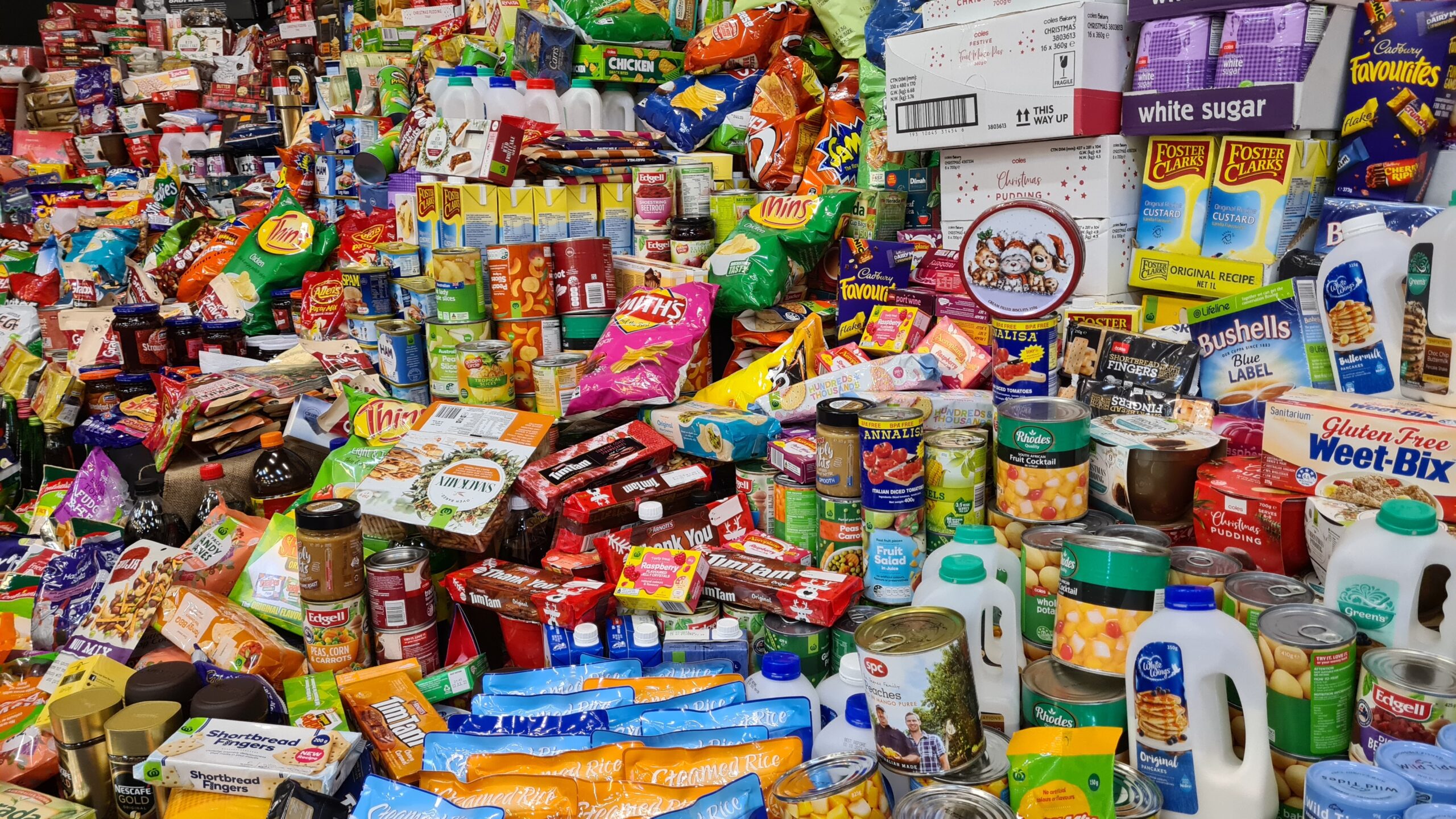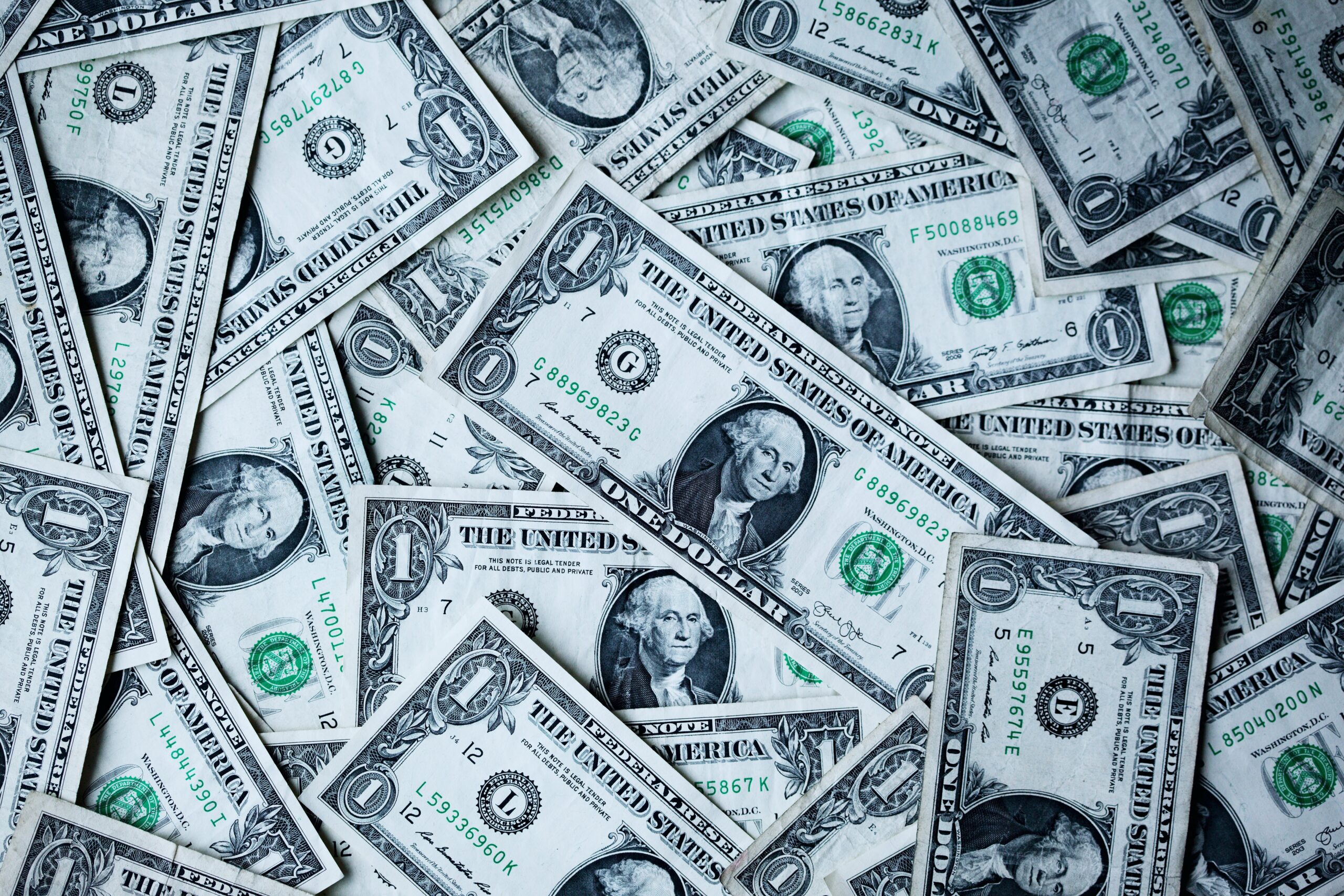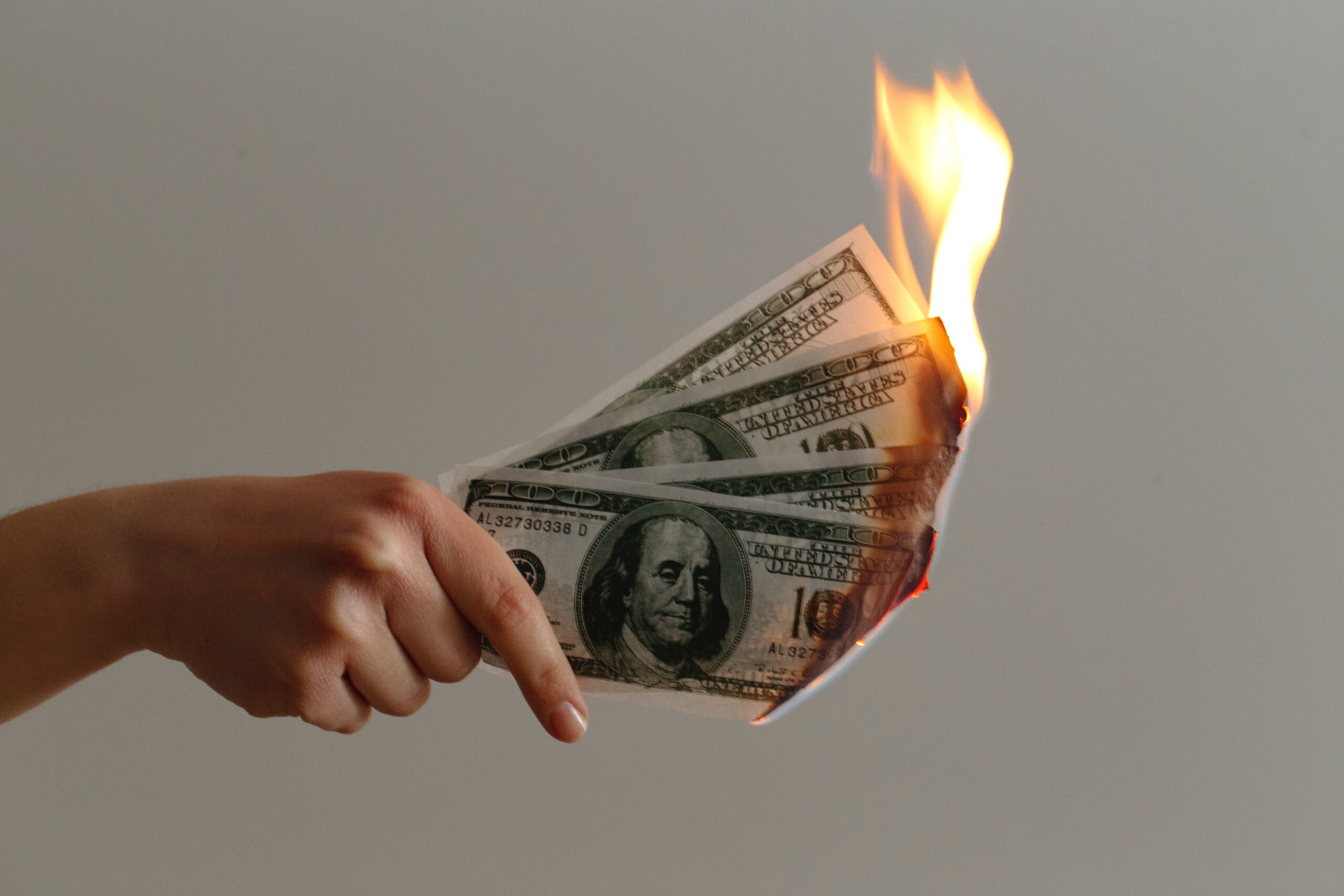Consumer-goods giant releases its quarterly reports and warns that inflation is likely to drive product prices higher and margins lower
Unilever’s shares fell 5% after the company announced it would likely lower its full-year profitability in the face of rising costs.
The company is the first of the big European consumer goods companies to report its quarterly earnings and it is likely paying the price for this. It is expected that similar earnings reports will follow from companies throughout the sector.
In a statement, the company said it was grappling with higher costs for transportation, ingredients, and packaging. It went on to say that it was left with very little option but to pass the cost increases onto the consumer. Unilever announced that it would be stepping up price increases across the globe, despite having already raised prices by 1.6% in Q2.
Unilever’s Chief Financial Officer Graeme Pitkethly told reporters that – “We are going to have to take a little higher levels of a price increase. We’re very focused on our pricing actions, which we think are landing well but inflation has been even higher than we anticipated,”
Mr. Pitkethly said that the company’s large size and inventories would help to soften price increases, but warned that several costs were outwith their control, and it is these that are largely driving the price increases. Specifically, he noted that crude oil, soybean oil, and palm oil had all seen significant price increases during the current quarter.
Inflation has been surging in recent months as bolstered economies across the world began to recover from the pandemic. Last month saw the highest rate of inflation for 13 years in the U.S. as increased consumer demand saw prices rocketing on everything from clothes to autos and eating out.
These increases have also seen other consumer goods companies including Procter & Gamble and General Mills warning of more price rises this year.
Addressing the need to increase prices quickly, Mr. Pitkethly said that the company had already increased prices in countries such as Argentina and Brazil. Doing the same in Europe would take more time as sales contracts are normally for longer periods.
This rise in commodity prices along with additional marketing costs and expenses linked to the pandemic has affected Unilever’s profitability. The company announced that its underlying operating margin for the year to date had dropped by 1% to 18.8% year-on-year.
The company reported a 5.4% increase in first-half sales growth to $30.4 billion (€25.8 billion). It this increase to strong sales figures for its refreshments and food products, 4% of which was down to increased sales volumes with the remainder coming from higher prices.
Net profit was down 5% over the same period, dropping to $3.67 billion (€3.12 billion). This was largely down to a negative impact from currency fluctuations.
James Edwardes Jones a market analyst at RBC Capital Markets said that the market was disappointed that Unilever had lowered its margin guidance. Speaking to the Wall Street Journal he said –
“The reality is that inflation has been going up more or less in a straight line for the past six months and the company is reacting to that.”



